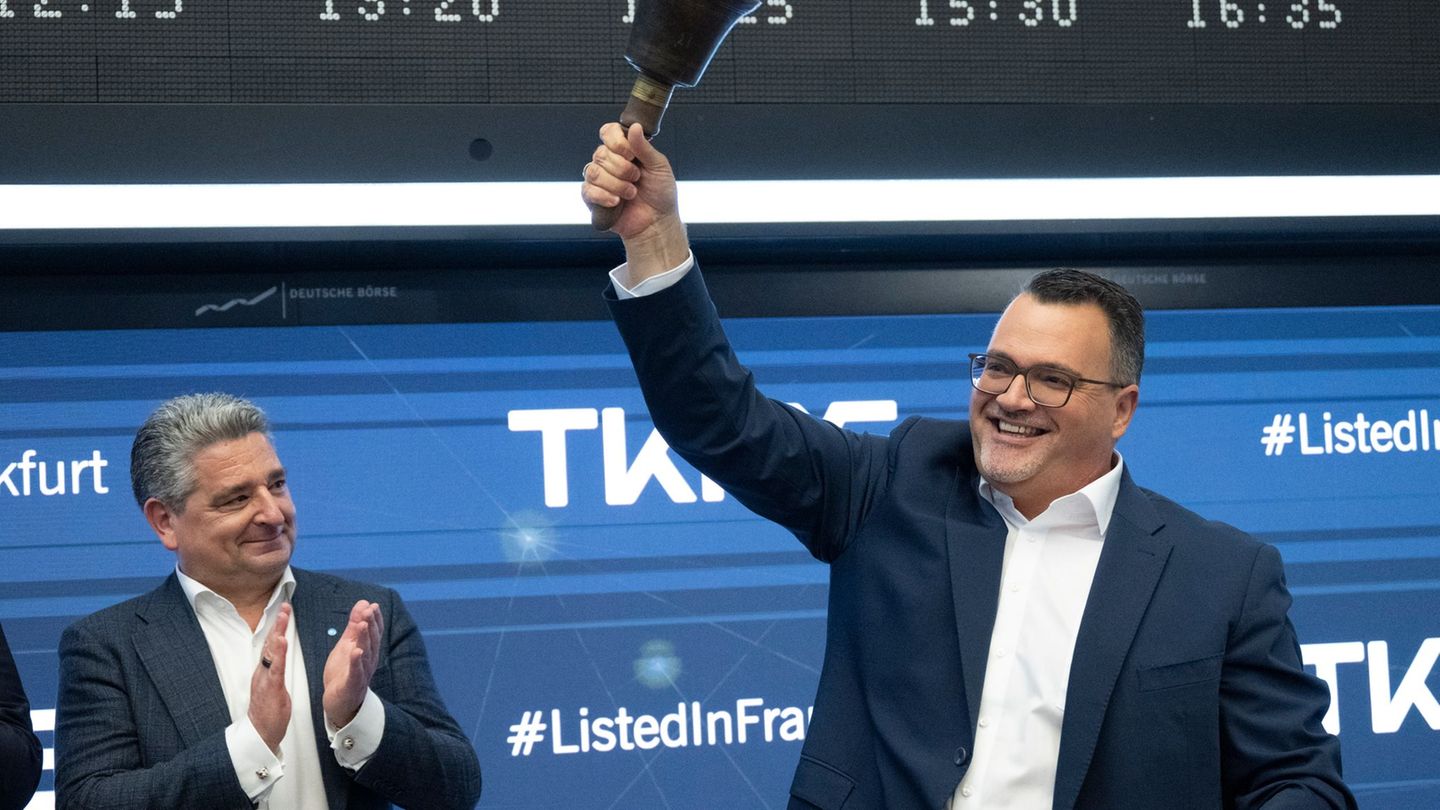I have been working in the news industry for over 6 years, first as a reporter and now as an editor. I have covered politics extensively, and my work has appeared in major newspapers and online news outlets around the world. In addition to my writing, I also contribute regularly to 24 Hours World.
Menu
General debate: Scholz attacks Merz: “You can’t do it”
Categories
Most Read
Demonstrations: Trump after mass protests: “I am not a king”
October 20, 2025
No Comments
Situation at a glance: After new violence: Is the ceasefire in Gaza holding?
October 20, 2025
No Comments
Caren Miosga: A lot of talk, but very little argument
October 20, 2025
No Comments
Citizens’ money reform: Survey: Majority thinks citizens’ money reform is fairer
October 20, 2025
No Comments
Contested Donbass region: Trump calls for freezing the front line in Ukraine
October 20, 2025
No Comments
Latest Posts

Armaments industry: Naval shipbuilder TKMS has a brilliant start to the stock market
October 20, 2025
No Comments
Defense industry Naval shipbuilder TKMS has a brilliant start to the stock market Copy the current link Add to wishlist After TKMS’s stock market debut,

Amazon reports cloud disruption – online services affected worldwide
October 20, 2025
No Comments
AngelicaI am an author and journalist who has written for 24 Hours World. I specialize in covering the economy and write about topics such as

Finale in the trial of the teacher abused in Vienna
October 20, 2025
No Comments
One of the defendants on the way into the courtroom. The three main defendants are in custody. They were brought by the judicial guard into
24 Hours Worlds is a comprehensive source of instant world current affairs, offering up-to-the-minute coverage of breaking news and events from around the globe. With a team of experienced journalists and experts on hand 24/7.

